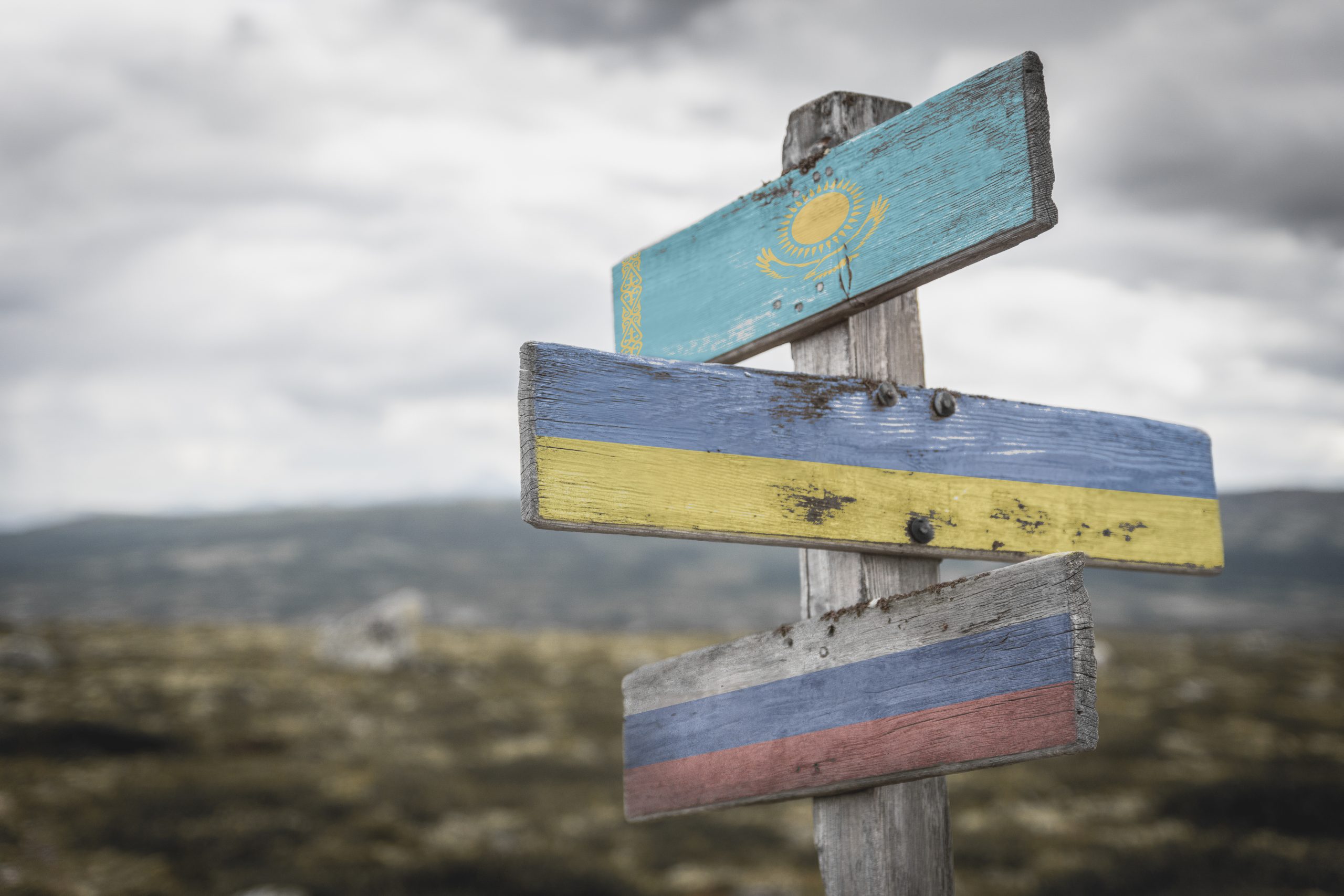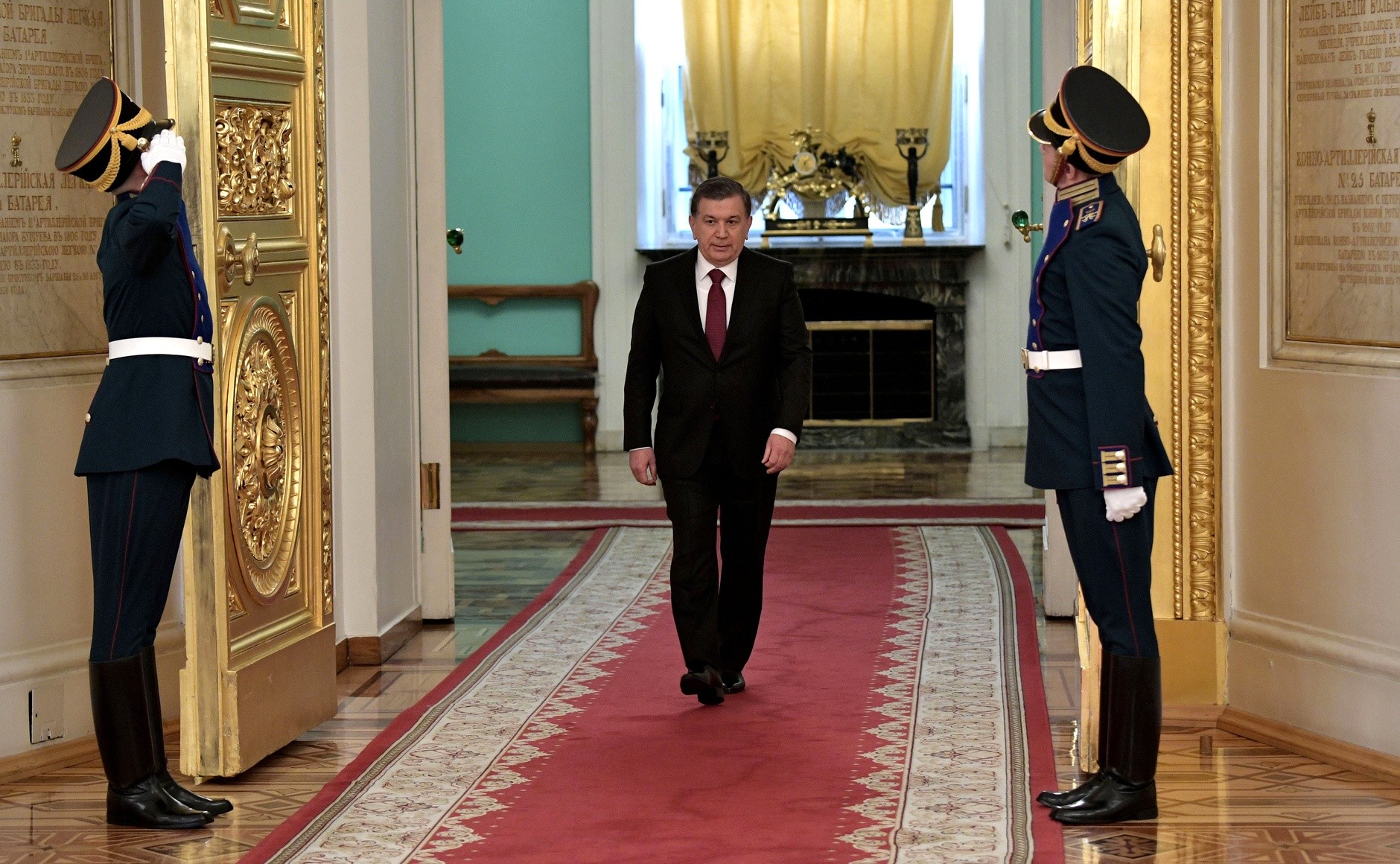In October 2021, Shavkat Mirziyoev won a second term in Uzbekistan’s presidential elections that were neither free nor fair. The absence of opposition parties and ongoing turmoil within the party system aggravated emerging signs of a looming political crisis. Outdated parliamentary practices in the Oliy Majlis hindered transparency, such as unanimous voting, a lack of pluralism and limited critical debates.
The government largely controls Uzbekistan’s economy in key sectors such as energy, oil, gas and banking. In 2022, Uzbekistan’s GDP growth rate decreased modestly to 5.7%, compared to 7.4% in 2021, primarily due to unfavorable external conditions. The war in Ukraine prompted many labor migrants to return from Russia, disrupting the distribution of the labor force.
Uzbekistan underwent a series of reforms characterized by rapid progress, uneven development and controversy across economic, social and political spheres. While the country faced heightened geopolitical challenges due to Russia’s aggression against Ukraine, it continued to prioritize regional cooperation. However, problems such as mismanagement, increasing corruption and abuse of power persist.

